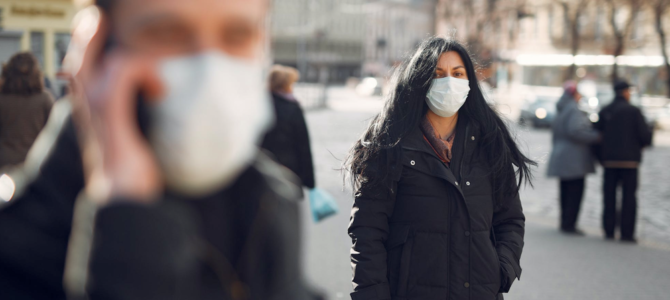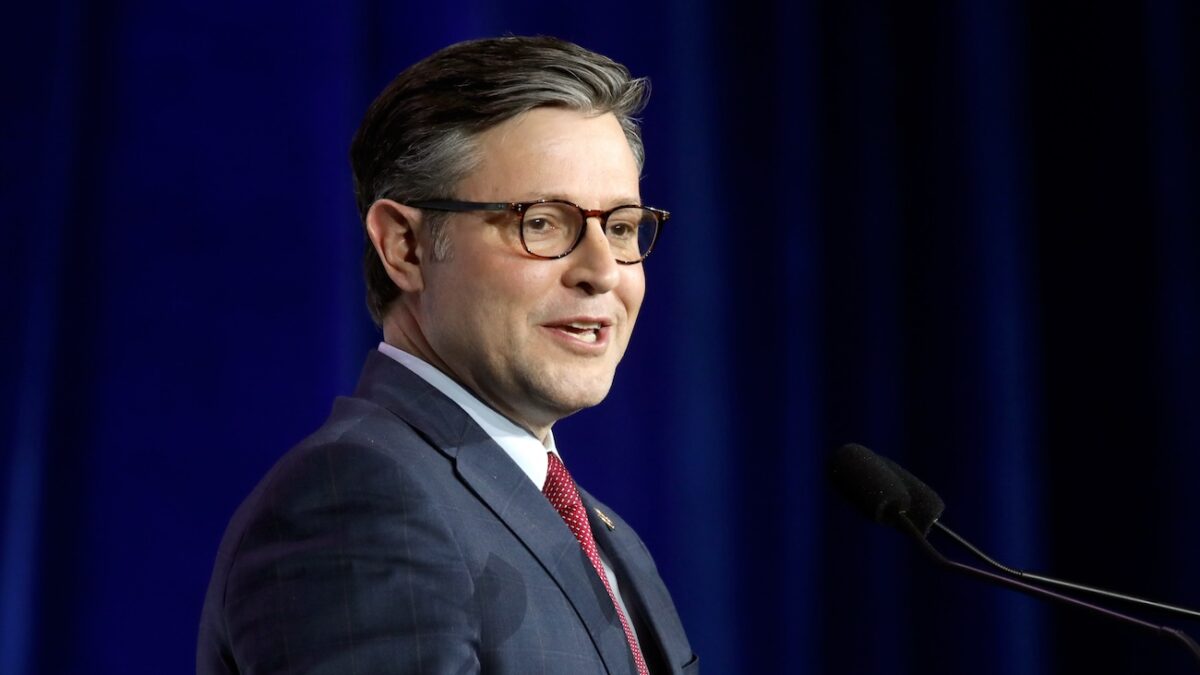
Americans have endured months of business closures, quarantines, mask-wearing, hand-wiping, travel restrictions, limited-attendance funerals and weddings, virtual graduations, closed schools, inaccessible medical screenings and surgeries, park closures, take-out-only food, drive-thru-only banks, coinless cash registers, and sports and concert cancellations — a seemingly endless list of life disturbances that extend far beyond mere inconvenience and cause deep economic, medical, psychological, and societal hardship.
Some churches were recently banned from singing hymns, and a California pastor has been threatened with jail time for opening the doors for worship. Water and power can be turned off to Los Angeles homes if they host a group that violates official limits. Gym owners were locked up for daring to reopen, even with responsible precautions. Ankle bracelets were placed on those who declined to sign legal documents requiring burdensome and intrusive health reporting to authorities. Is this the America we know and love?
Until recently — March 2020, to be exact — we could rely on the Constitution and Bill of Rights to constrain government’s control of our lives, but with the arrival of one virus, our legal rights seem to have been deemed irrelevant, completely subordinated to the arbitrary whims of politicians. Apparently, they can do anything now, as long as they proclaim it in the name of “safety.”
Without fanfare, without any change to the Constitution, we seem to have unwittingly entered a new era of increasing government power. Since power corrupts, and absolute power corrupts absolutely, this should trouble all of us. What might it portend for our future?
Anything Can Be a Safety Issue
Once a vaccine is recognized, will the government force us to take it? What if we refuse? Could we lose our health insurance? What about religious objections? Could we be forced to choose between our jobs and the drug? It’s hard to imagine — until you consider that schools already require immunizations. Doctors are already communicating that the “social contract” matters more than the Constitution.
What if we test positive but, like the couple in Kentucky, refuse to bow to health officials and sign a document on the spot mandating we report to them? Do they have that authority? Can they put us under house arrest and shackle us with ankle bracelets until the time of their choosing? They will surely tell us it is for everyone’s safety. This opens the door to an array of other so-called unsafe behaviors to follow.
It wouldn’t take much of a leap for contact tracing and immunity cards to become the new norm — again, for the sake of safety. Could government use this data to monitor and limit travel, or perhaps prescribe limits on the people with whom we may associate? Consider our civil liberties, health privacy, and the risk of leaked info.
Considering the statement by California’s Gov. Gavin Newsom on his intent to keep church services closed “until there is a vaccine or effective therapy,” should we infer that if a vaccine is not discovered, the ban would remain indefinitely? We must trade religious freedom for safety, it seems.
We have always relied on the Second Amendment for the right to keep and bear arms, but if guns are deemed a public safety hazard, it’s easy to imagine gun confiscation could occur along the same pattern as losses of liberty under coronavirus. Politicians have communicated they’ll do whatever it takes to save lives, including plunging the economy into ruin. Why stop with guns? For instance, “red flag” gun laws, enacted for safety reasons, could be easily abused.
What if education is deemed an essential part of childhood health, and only public education is considered sufficient? Home-schooling has already been called dangerous by a Harvard University professor. Might child protective services show up at your front door if you refuse vaccines? Whatever happens will be to protect children’s health, no doubt.
Masks have become as much a political symbol today as a tool for health. Setting aside the medical arguments, over which we could probably argue for days without resolution, the civil rights issue is worth exploring on its own. State and local governments are requiring us to wear the fabric solely for safety purposes. Goggles are next, according to Dr. Anthony Fauci.
One state is even requiring its employees to wear masks on home Zoom calls when they’re alone to “set the safety example.” The practice will save no lives, but the government can visibly showcase conformance to the rules.
How Much Freedom Will We Cede?
With enough effort, almost anything can be stretched into a societal safety issue. Much like the Commerce Clause of the Constitution — a provision intended to allow Congress to regulate interstate commerce, but which evolved over time into an open door for federal involvement in virtually anything — government’s right to protect the public might explode in the form of complete and total control.
In days past, we would roll our eyes at such cynical paranoia, but are we still rolling them? Will the government that now advises us to carry cash and willingly give up our belongings to robbers look away as our other civil rights are trampled? Should we expect any protection from politicians that allow mobs to flout COVID-19 rules but will gleefully jail a pastor? It appears this is less about safety and more about control.
Surely the original shutdowns and other measures were of noble intent, but the law of unintended consequences can quickly show its dark side. Until now, we’ve endured all of this to protect not only ourselves but also others because Americans are a helpful bunch. When the storm comes, if you ask us, we’ll always pitch in to toss sandbags or pick up debris. We’ll bring meals. We’ll donate money. We’ll wear a mask, too; a flavor of patriotism infused the pandemic response for a while as Americans willingly sacrificed to serve the health and welfare of their communities.
But it’s time to ask, how far will this go? At some point, we will have sacrificed so much liberty for security that neither remains. We must not regard the government’s power as unlimited. It isn’t from politicians that we derive our human rights; those are inalienable. As Pastor John MacArthur said, “It has never been the prerogative of civil government to order, modify, forbid, or mandate worship. Freedom of worship is a command of God, not a privilege granted by the state.” On that foundation he stands, even if from behind bars.
We too must draw the line now before it’s too late.









